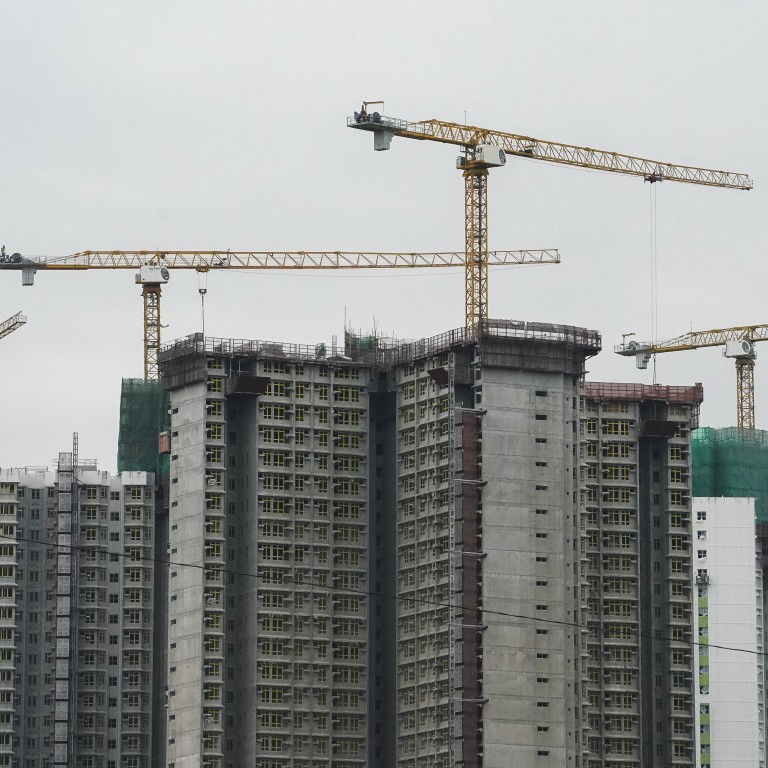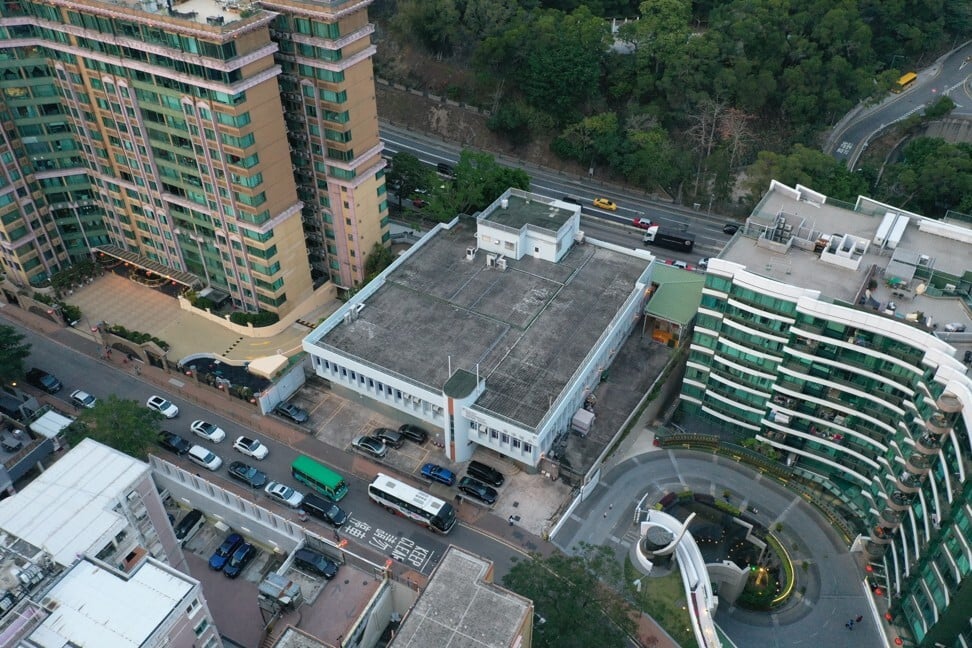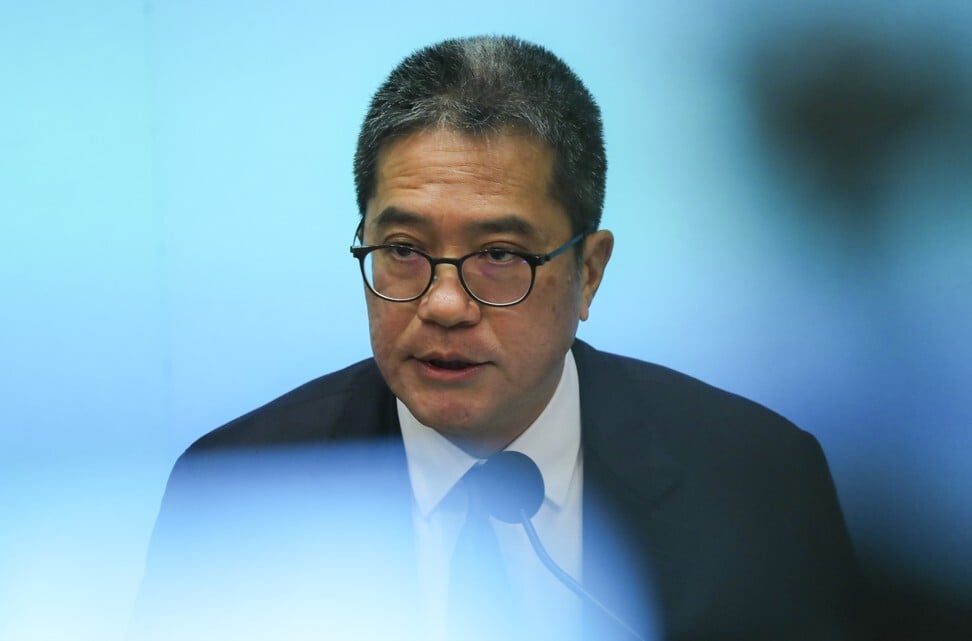
Hong Kong’s housing land supply shrinks to 10-year low, setting the stage for home prices to spiral in one of the world’s costliest cities
- The city’s government will release two sites capable of accommodating 200 flats for sale in the fiscal second quarter starting on July 1
- Total housing supply could top 7,050 units this fiscal year, inclusive of 5,200 new flats and 1,650 units from the first quarter
The city’s government will release two sites capable of accommodating 200 flats for sale in the fiscal second quarter starting on July 1, according to Hong Kong’s Secretary for Development Michael Wong, similar to the same period last year when land supply was just enough to build 160 flats.
“It is shocking” for land supply to plunge to such a level, said Vincent Cheung, managing director of Vincorn Consulting and Appraisal, adding that developers could slow their conversion of farmland or industrial parcels into housing during bull markets to create supply volatility. “It is not a good sign as we are heavily reliant on private developers who are primarily profit-driven, instead of helping the government meet the housing supply target.”
“Hong Kong’s sky-high home prices will further frustrate the younger generation, and may even drive some to leave the city as their chances of getting on the housing ladder remains slim,” Cheung said.

The first site to be released is in Yuen Long. The second plot is at 79 Broadcast Drive in Kowloon Tong, currently occupied by the RTHK Education Television Centre. The two plots are expected to yield a total of about 200 flats, valued at up to HK$2.31 billion (US$297.5 million), according to Knight Frank.
The MTR, URA and private developers are expected to provide 5,200 flats in the three months starting in July, comprising 1,600 units by the MTR in Tung Chung, 1,150 by the URA in To Kwa Wan and 2,450 by private developers in the New Territories and elsewhere.
Hong Kong’s housing affordability had been described by China’s central government as a “deep-seated problem,” one that prompted Chief Executive Carrie Lam Cheng Yuet-ngor to raise the allocation of the city’s land supply for public housing to 70 per cent in 2018, from 60 per cent.
Still, that increase in land supply failed to stop the upwards spiral of median home prices, which are poised to touch a record over the next two months, after briefly stumbling last year amid the coronavirus pandemic.

The supply of Hong Kong's private housing land increasingly relies on developers, who contribute to 2,450 homes, or 45 per cent of the total in the fiscal second quarter, said Ryan Ip, head of land and housing research at the Our Hong Kong Foundation think tank.
The proportion of supply controlled by the government is only 55 per cent, lower than the 67 to 80 per cent in the last three years, reflecting the diminishing supply of mature land held by the government, Ip said.
“If the government can provide 5,400 units per quarter, home prices can stabilise,” said Wheelock Properties’ managing director Ricky Wong, adding that stable prices is “the ideal situation for everyone in the city, not just Beijing’s wishes.”
“The housing market has been recovering and strong demand can absorb the supply and the market will be in equilibrium,” Wong said.
For now, the city government is “cautiously optimistic” about meeting the supply targets, the Development Secretary Wong said during a press conference.



